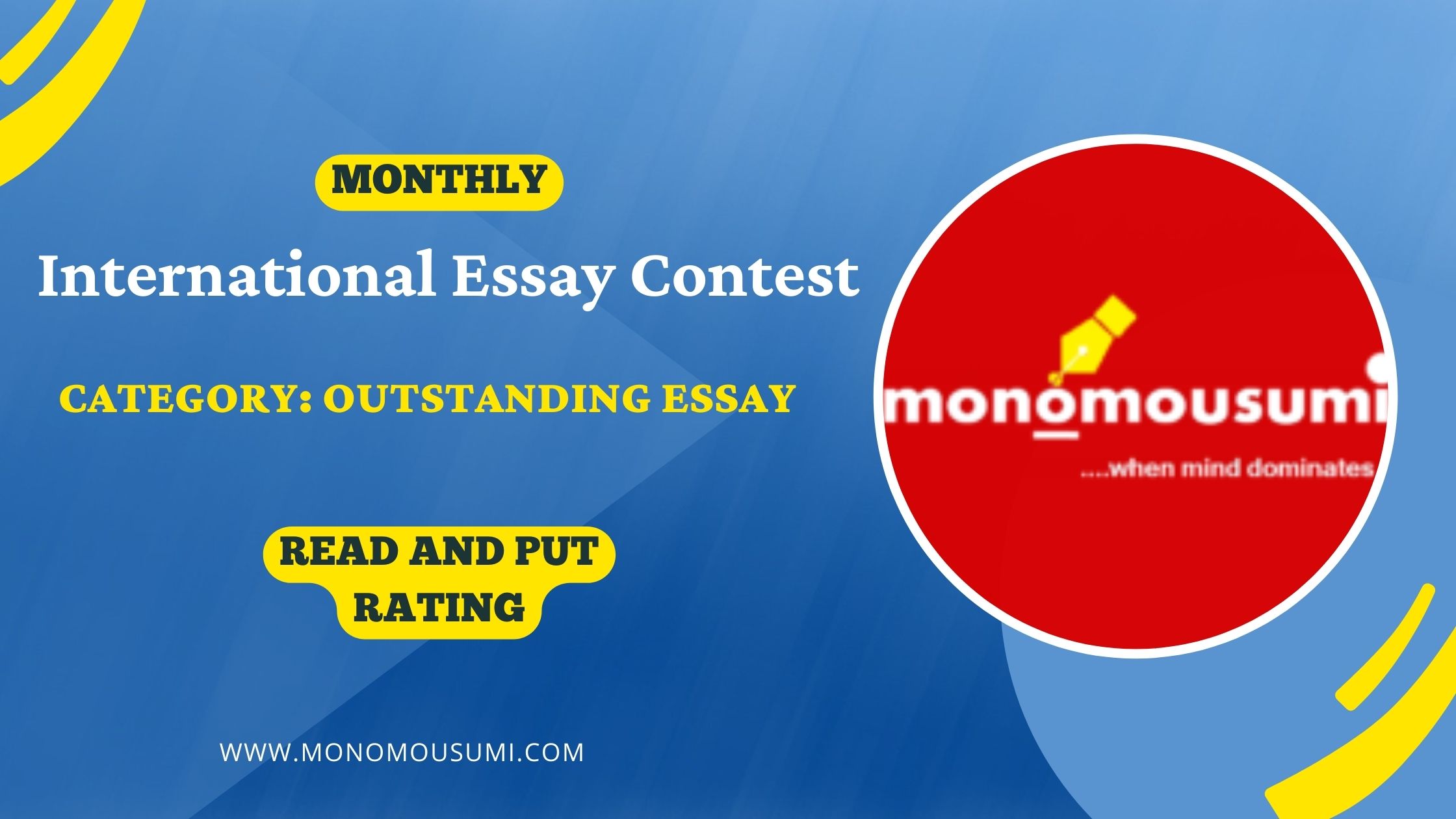
Frogs
Festivals – as defined by the Cambridge Dictionary- is an organized set of special events, such as musical performances or plays, usually happening in one place, or a special day or period, usually in memory of a religious event, with its own social activities, food, or ceremonies.
It is divided into many types, but we will specialize in mentioning the pros and cons of the most important 3 types of it, which are national, religious, and traditional festivals.
Festivals, given the urgent need for competitive innovation, contribute to establishment of new customs and traditions, and at the same time lead to the consolidation of traditional customs and traditions. This makes it a double-edged sword, which places the responsibility for its impact on customs and traditions on the shoulders of the individual and society alike.
The advantages of holding festivals stem from maintaining the survival of these customs and traditions by reviving them – especially in the minds of the new generations, who then increase the need to contemporary these customs and traditions.
As most of them did not live up to it, or at least did not live up to it in the correct way – and here it is worth noting the importance of activating it in the correct way by those in charge of it.
Another advantage comes from endearing people to practice these customs and traditions. The need for this purpose stems from the disappearance of customs and traditions with a cumulative effect, as their practice is dominated by the nature of repetition, which causes boredom and distance from the practice of these customs and traditions in the long run.
Here comes the role of festival organizers by imbuing a modern innovative character with festival activities, especially the entertainment factor, while not neglecting to preserve the essence of these customs and traditions.
One of the most important positive effects of festivals on customs and traditions comes through the accompanying events that are concerned with informing masses about the aspects of these customs and traditions, through which highlights the history of customs and traditions, their concept, reasons for their establishment, the importance of preserving them, their types, … etc.
This event takes its utmost importance by giving it the appropriate importance among the other events that make up the festivals, ensuring that the idea is conveyed to all audiences in the appropriate form and momentum.
On the other hand, festivals have many negative effects on customs and traditions.
Some festivals – especially profitable ones – lead to changing the nature of some of these customs and traditions, and may even reach the point of replacing new ones with new customs and traditions.This negative phenomenon can occur due to several factors, perhaps the most important of which are:
a) The desire of festival organizers to excel through innovation – as we mentioned earlier -,
b) The special agendas of some parties to modify customs and traditions, and
c) Lack of high professionalism in festival organizers.
One of the negatives that can accompany the establishment of festivals is to convey a false idea of the information surrounding the concept of customs and traditions, as festival organizers – especially profit-making ones – often allocate a small share of the festival budget on the educational side, which is reflected in the quality of the information provided.
The educational aspect may lack qualified people with sufficient knowledge, and they may lack the necessary equipment and mechanisms to communicate their ideas in the required manner. Also, promotional publications, souvenirs, and related gifts in kind have the greatest benefit in delivering the information correctly to the public.
As for the most serious negative, it comes from the exploitation of festivals to promote black propaganda, which as Educalingo defines it as: Black propaganda is false information and material that purports to be from a source on one side of a conflict, but is actually from the opposing side. It is typically used to vilify, embarrass or misrepresent the enemy.
The danger of this point is highlighted in the fact that parties and groups with a hostile orientation for the purpose of the festival exploit the festival by holding it and spreading false information about customs and traditions, or encouraging them to have customs contrary to the ones that are supposed to be promoted, all in a veiled way that suggests to the public that it is promoting the opposite.
Only the connoisseur and knowledgeable person in this regard can realize this, and here is the greatest danger; Where – as we mentioned earlier – the customs and traditions usually deteriorate the amount of their practice with the passage of time and become less practitioners and familiar with them.
In conclusion, festivals may have many positives and negatives regarding their effects on customs and traditions. It may contribute to the establishment and consolidation of these customs and traditions and the public’s endearment in them, and may, in turn, lead the public to alienate them and form wrong innovative customs and traditions, and the idea may reach the audience in a way that is different from reality. The responsibility for the success of festivals in preserving customs and traditions – on an equal basis – lies with society, institutions, individuals, and companies.
By: Yusuf Buqais
Write and Win: Participate in Creative writing Contest & International Essay Contest and win fabulous prizes.


